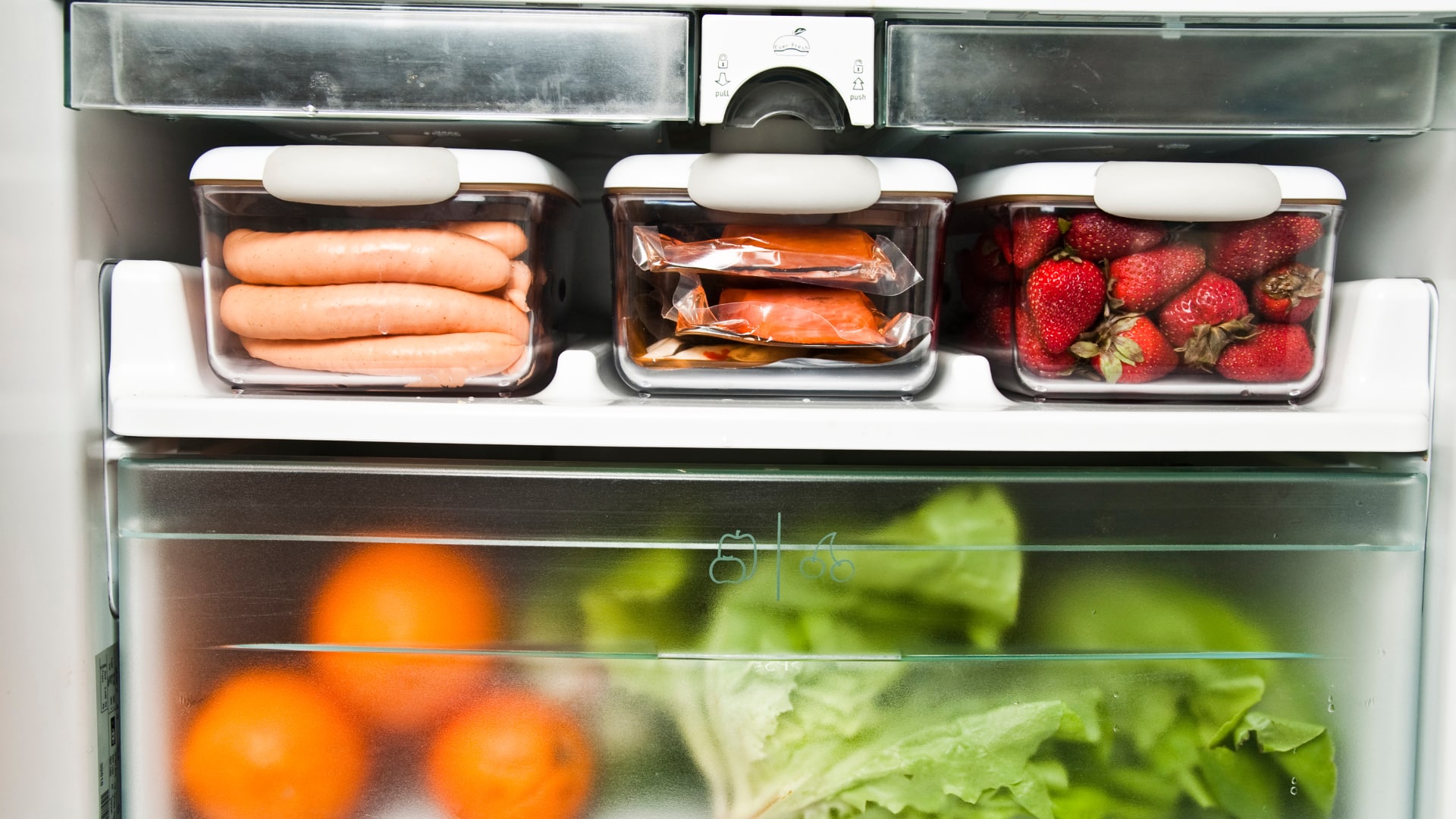
If you’re wondering how long it’s safe to keep food in the refrigerator, this article is for you. To help ensure you and your family store and eat your food safely, we’re going to discuss how long you can store each of the major food groups in your fridge.
Apart from monitoring the best before dates (sometimes called use-by dates or expiry dates) on your food and beverages, there are some general timeframes that you should try and stick to. Let’s start with leftovers.
How long can you keep leftovers in the refrigerator?
It’s best to try not to keep leftovers from last night’s dinner in your refrigerator for more than a couple of days. If you think you won’t eat the leftovers in that timeframe, it’s best to freeze them (if possible). Be extra careful with leftovers that contain meat, dairy, and poultry as they can go bad quickly and cause you to get sick if they are not properly reheated.
How long can you keep fruit in the refrigerator?
Fruits like apples and oranges are usually just stored in a fruit bowl on the kitchen counter as they don’t need to be kept cool, while fruits like berries and grapes are best kept in the fridge. This is fine most of the time because you’ll likely consume the fruit in your fruit bowl before it goes bad. But if you want to extend the life of your fruit, you can store all of it in your fridge’s low humidity drawer.
Here are the recommended times for how long you can keep fruit in your refrigerator:
- Apples – 4 to 6 weeks
- Blueberries – up to 10 days
- Cherries and grapes – up to 7 days
- Pineapple – up to 7 days
- Oranges and lemons – up to 3 weeks
- Pears, plums, and peaches – up to 5 days
- Melons – up to 2 weeks (4 days once cut)
- Strawberries, raspberries, and blackberries – up to 6 days
How long can you keep vegetables in the refrigerator?
Most vegetables can be kept out of the fridge, especially while they are ripening. But once they need to be refrigerated, they should be stored in the low humidity drawer (if you have one). This will help extend their life for much longer. Some vegetables like potatoes don’t need to ever be kept in a refrigerator; instead, they can be kept in a dark, cool space for a long time without going bad.
Here’s how long vegetables can be kept in the refrigerator:
- Avocado and asparagus – up to 4 days
- Green beans and peas – up to 5 days
- Broccoli and cauliflower – up to 5 days
- Carrots – up to 3 weeks
- Corn – up to 2 days
- Celery – up to 2 weeks
- Greens – up to 7 days
- Mushrooms – up to 7 days
- Peppers – up to 2 weeks
- Cucumbers – up to 6 days
How long can you keep eggs and dairy in the refrigerator?
Most dairy products are processed, so they have the best before dates on them. While the best before date gives you a good indication of how long they can be kept for, in most cases, you can get a few extra days of use as long as they don’t smell bad.
When storing eggs and dairy in your refrigerator, here’s how long they can be kept:
- Eggs – up to 4 weeks (check the date on the packet to be sure)
- Hard-boiled eggs – up to 7 days
- Butter – up to 3 months
- Milk – up to 7 days
- Margarine – up to 6 months
- Hard cheeses – up to 6 months (1 month once opened)
- Soft cheeses – up to 2 weeks
- Processed cheeses – up to 4 weeks
- Grated parmesan – up to 12 months
- Cream cheese – up to 2 weeks
- Cottage cheese – up to weeks (7 days once opened).
- Sour cream – up to 3 weeks (depends on which type).
- Buttermilk – up to 1 week
- Yogurt – up to 2 weeks
- Cream – up to 2 weeks (7 days once opened)
How long can you keep meat and seafood in the refrigerator?
Fresh meat and seafood products shouldn’t be kept in your fridge for long periods as they go bad quickly. For this reason, it’s best to freeze your meat and seafood and defrost it when you need them. Cured meats like bacon and ham, however, can be kept in your refrigerator for weeks.
Here’s how long you can keep meats and seafood in your refrigerator:
- Bacon – up to 10 days
- Ground meat – up to 2 days
- Beef, lamb, and pork – up to 5 days
- Raw sausages and patties – up to 3 days
- Cooked sausage – up to 7 days
- Ham (slices) – up to 4 days
- Ham (whole) – up to 7 days
- Chicken, duck, and goose – up to 2 days
- Hot dogs – up to 2 weeks (7 days once opened)
- Fresh fish fillets – up to 5 days
- Crab meat – up to 3 days
- Shrimp, scallops, crayfish – up to 3 days
- Mussels and oysters – up to 7 days
How long should you keep condiments in the refrigerator?
Most condiments like salad dressings, sauces, and chutneys have a very long shelf life. But to keep yourself and your family safe, always check the best before dates on the back of the containers.
Here’s how long to keep condiments in your refrigerator:
- Salad dressings – up to 4 months
- Olives – up to 4 weeks
- Mayonnaise – up to 2 months
- Salsa – up to 1 month
- Soy sauce – up to 4 weeks
- Vinegar – up to 12 months
- Worcestershire sauce – up to 12 months
How long should you keep beverages in the refrigerator?
Beverages are also commonly kept in fridges. Just like with food products, the easiest way to know what you are drinking is safe is to check the use by date.
Here’s how long to keep beverages in a refrigerator:
- Juice – up to 10 days once opened
- Soda – up to 3 days once opened
- Soy and rice milk – up to 10 days once opened
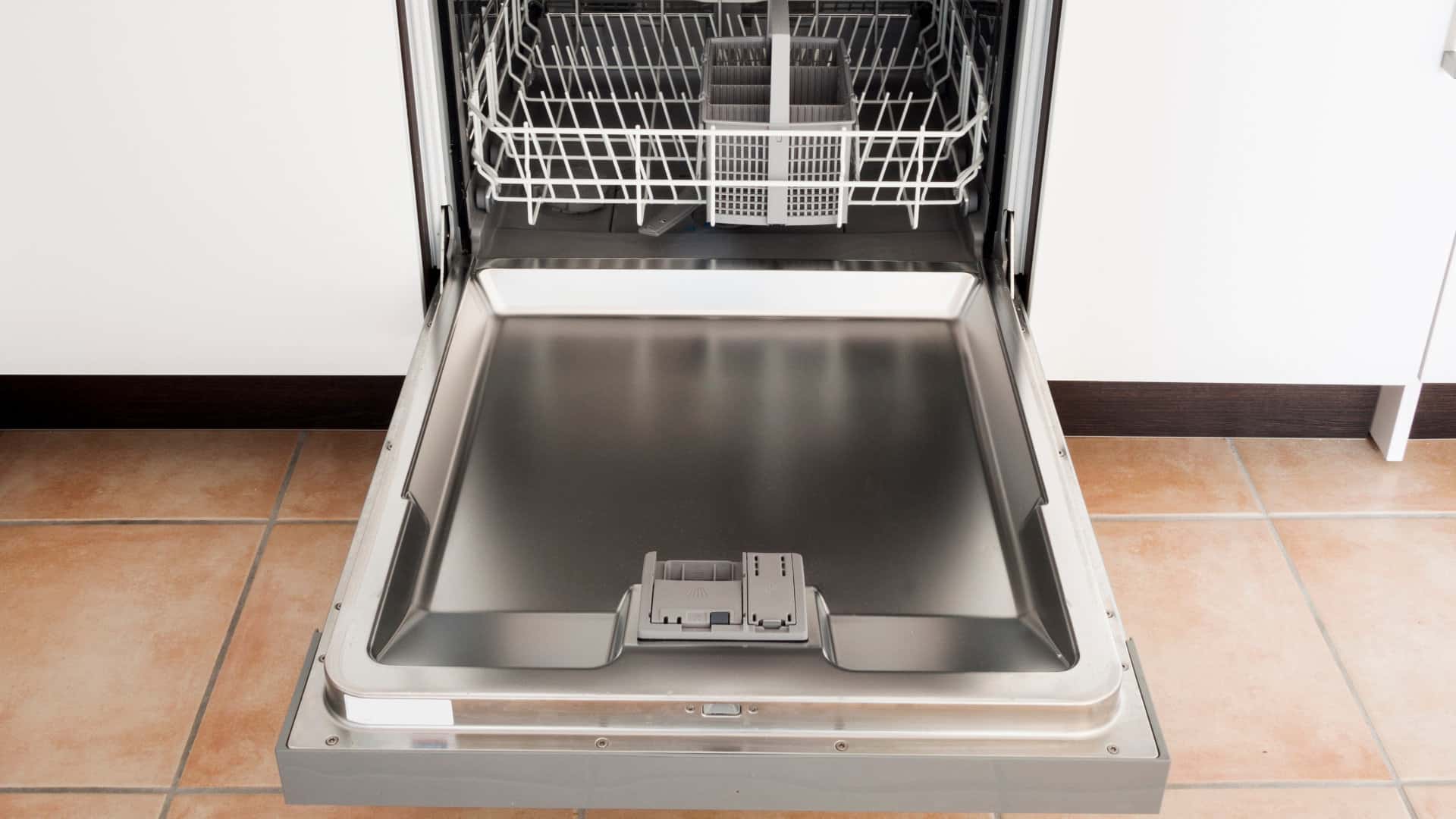
How to Resolve the Bosch Dishwasher E15 Error Code
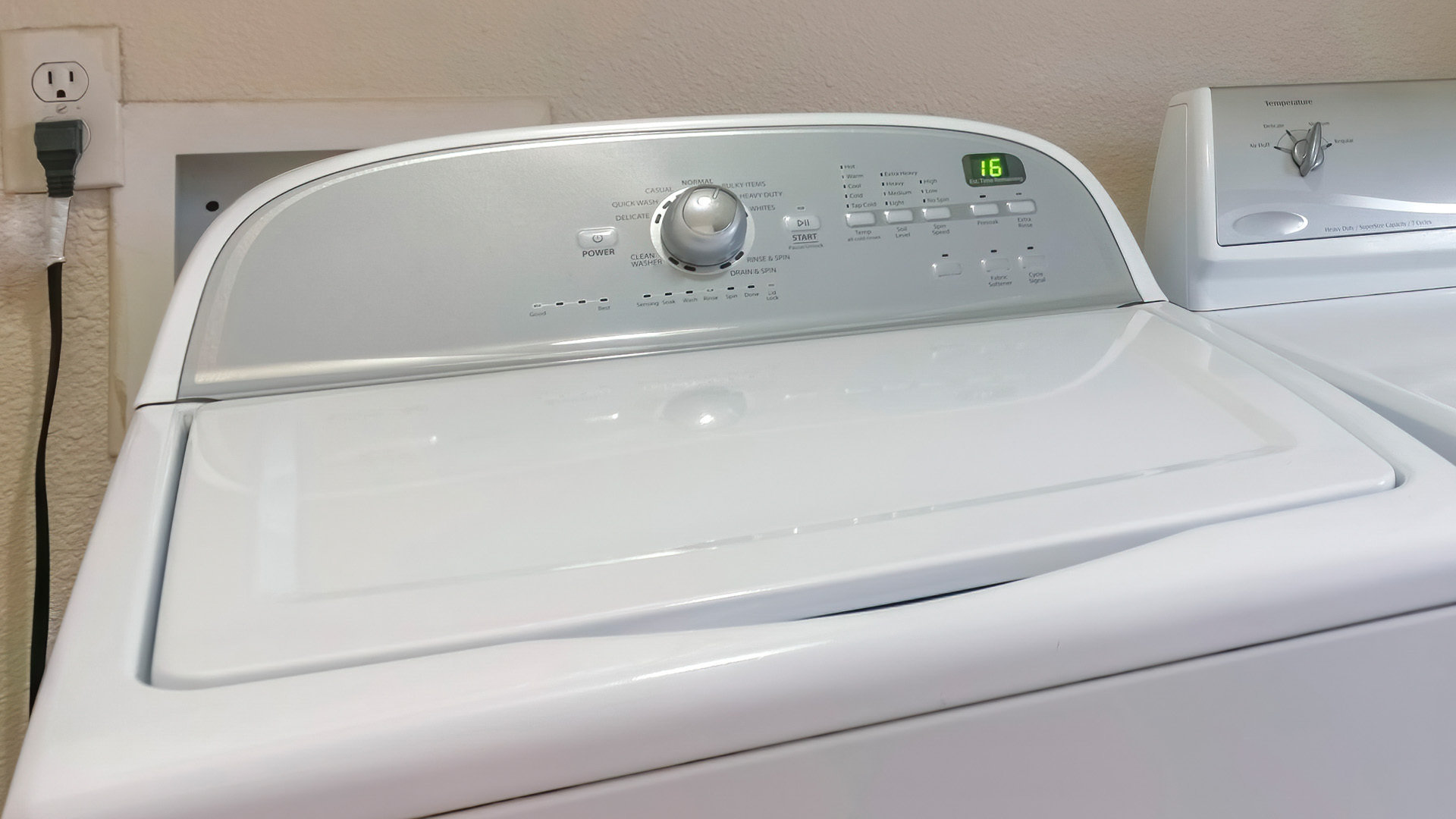
How to Balance a Washing Machine (5 Quick Tips)

Solutions for a Frigidaire Gas Stove Oven Failure
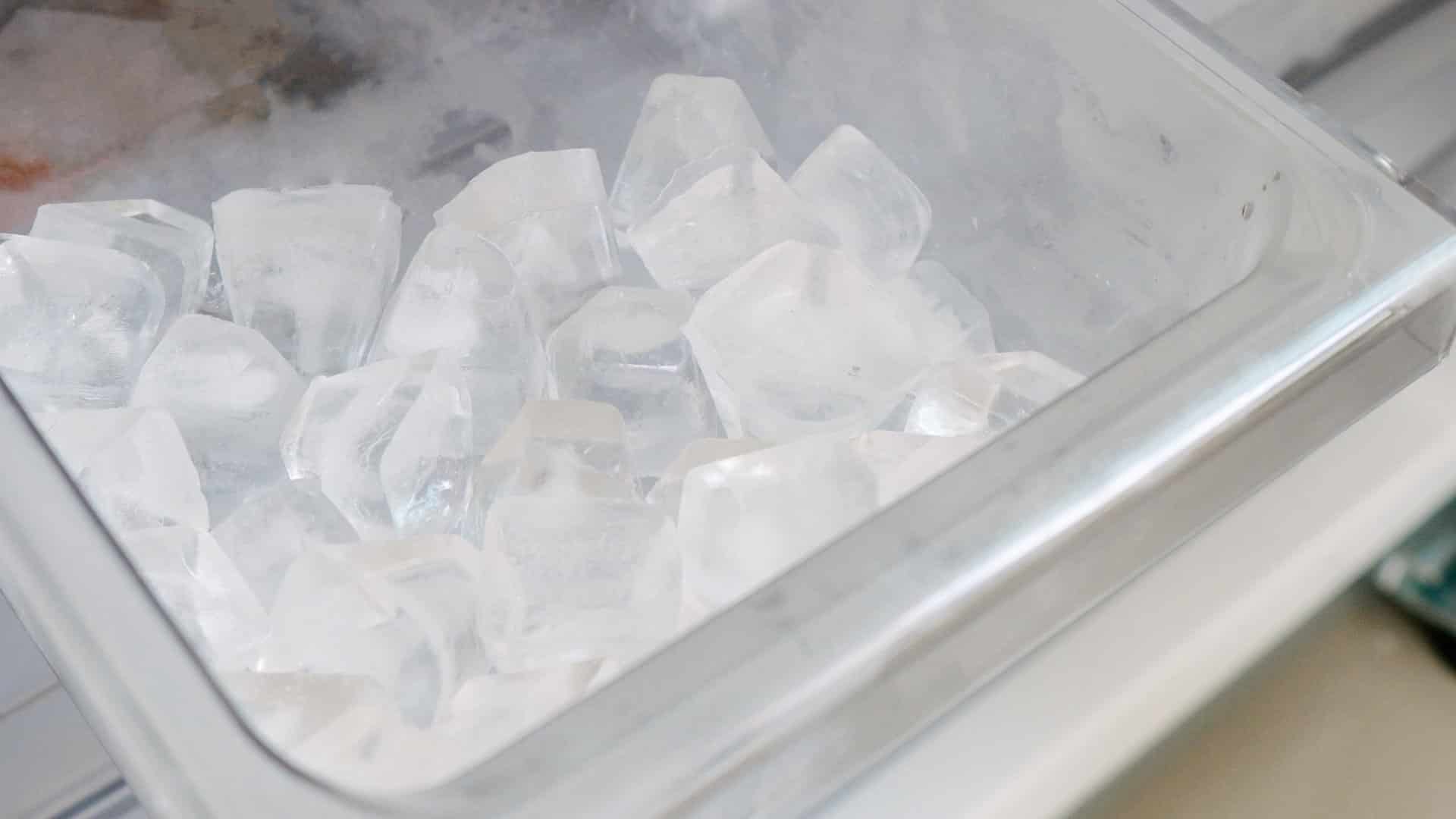
How to Fix a GE Ice Maker Not Working (Quick Fixes)

How to Fix the Electrolux Dryer Error Code E64
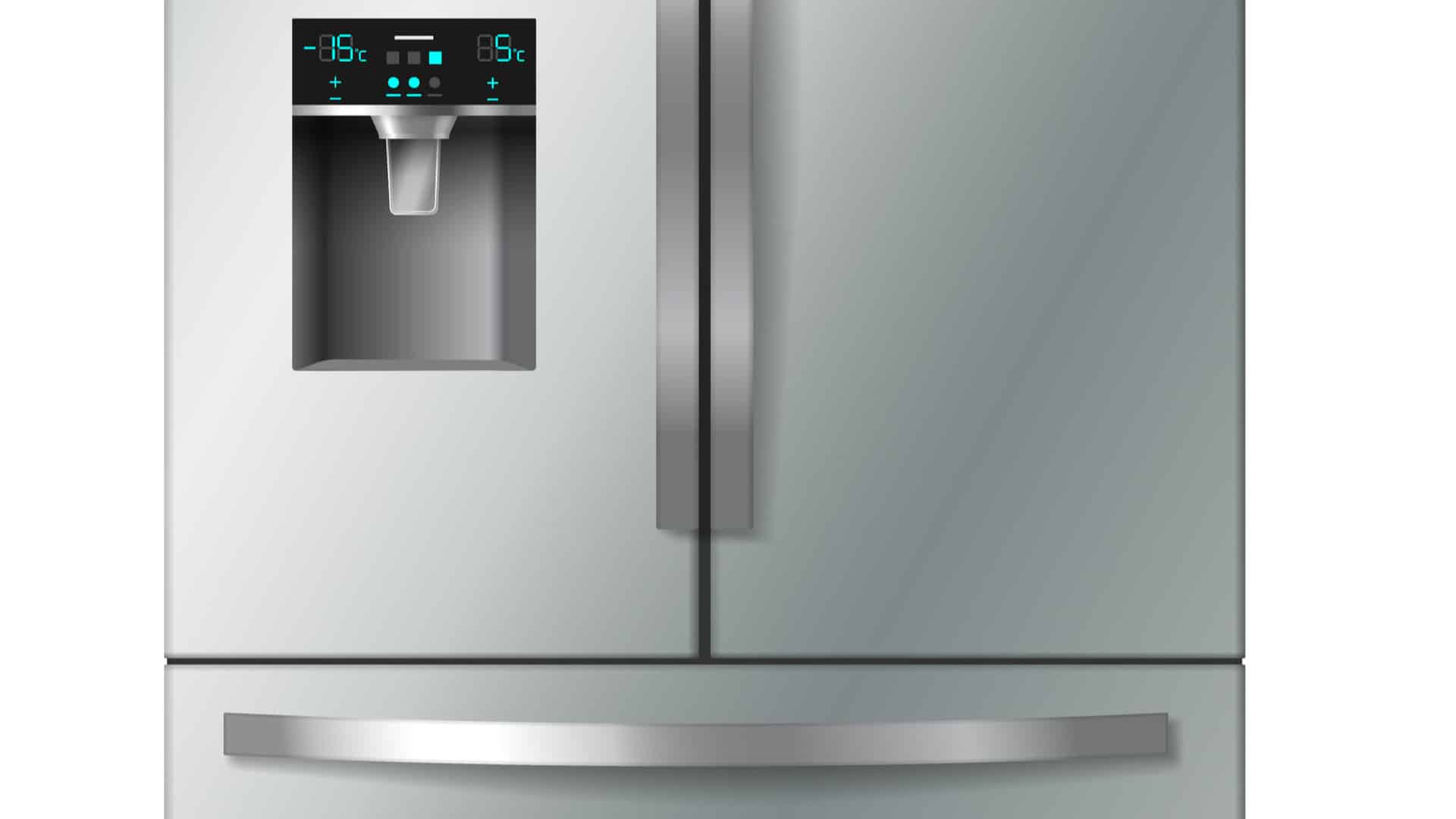
Is Your Whirlpool Ice Maker Not Working? Here’s Why
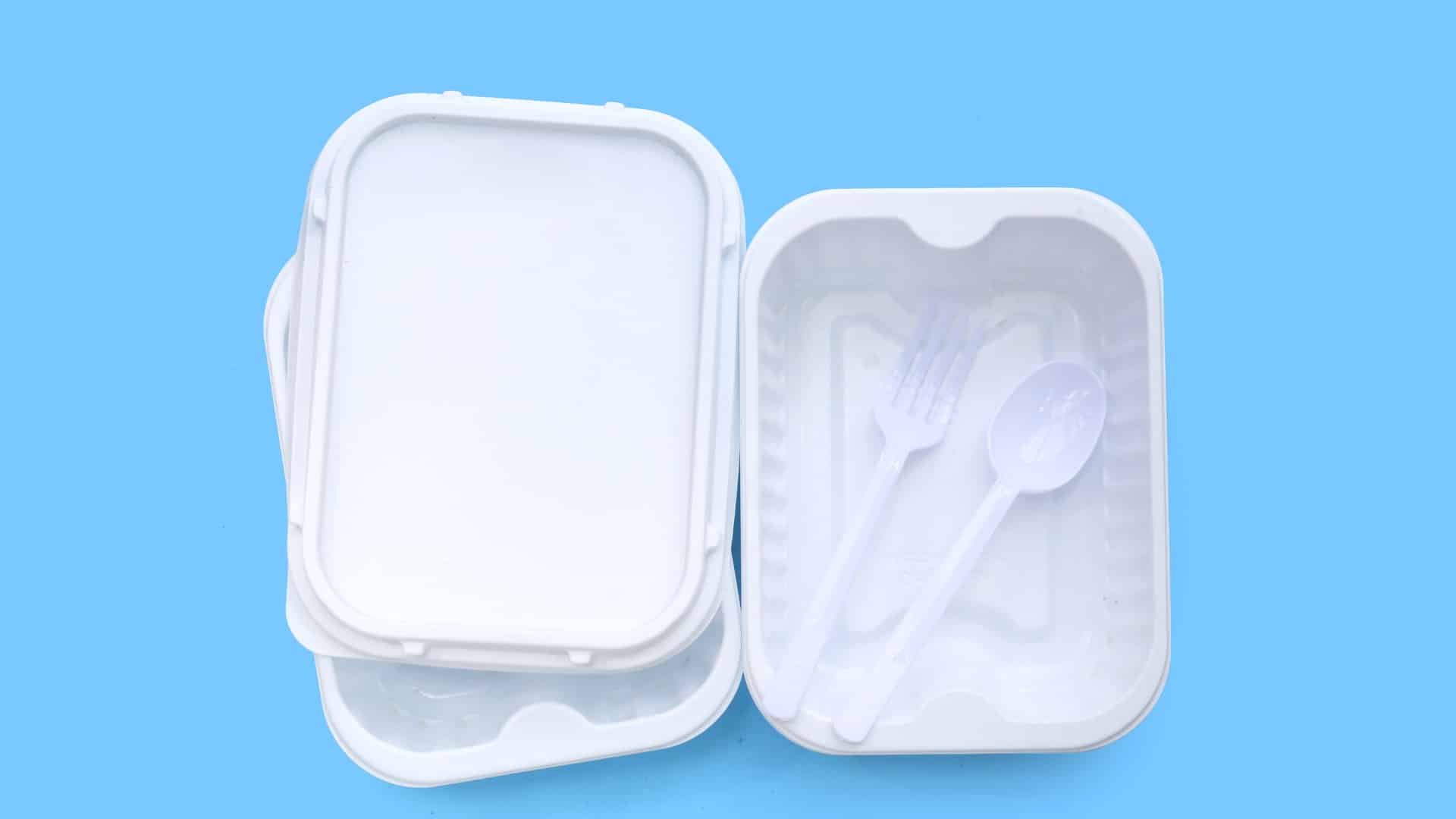
Can Styrofoam Be Microwaved? (Safety and Risks)
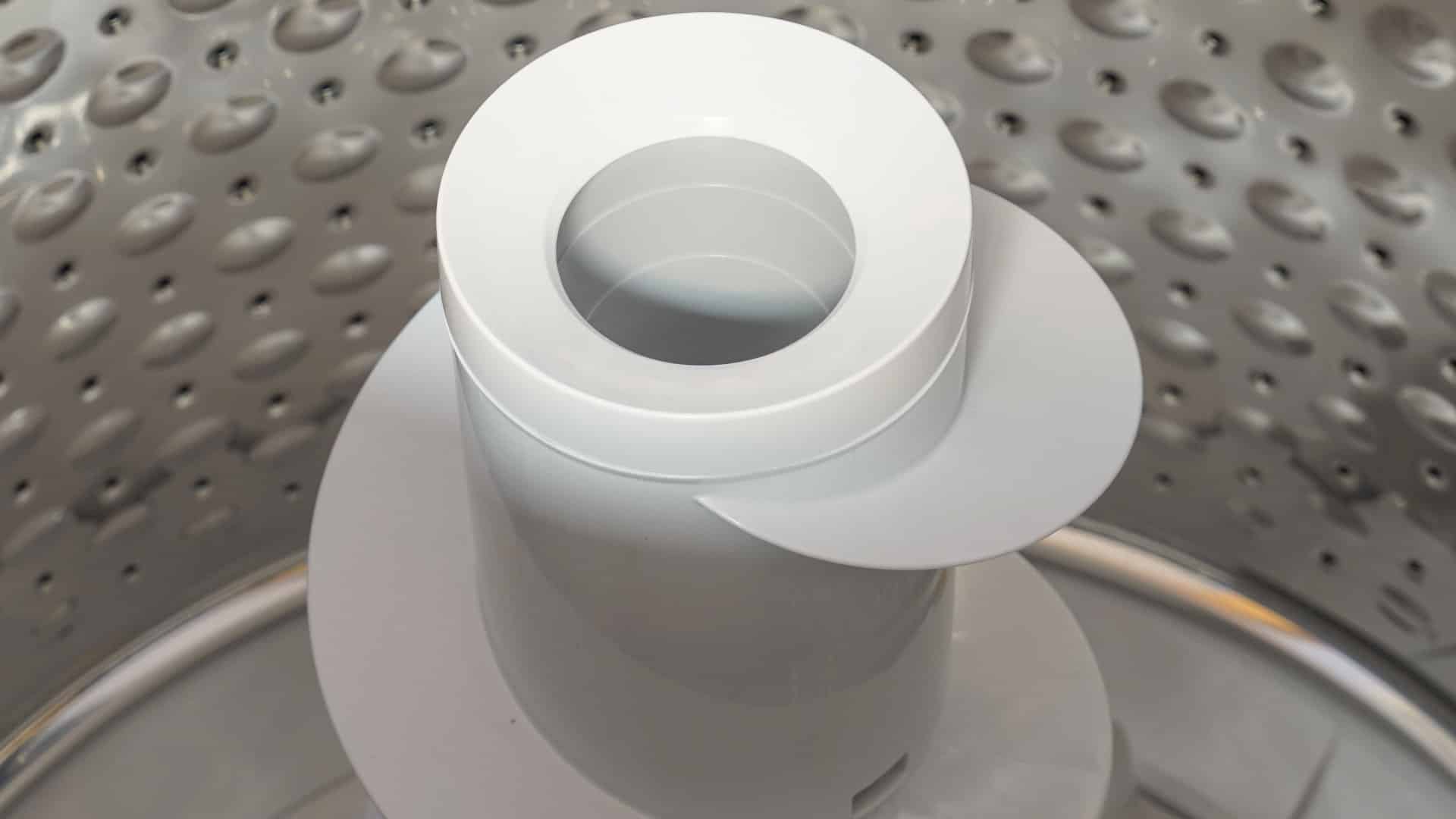
Agitator vs. No Agitator Washer: What’s Best?
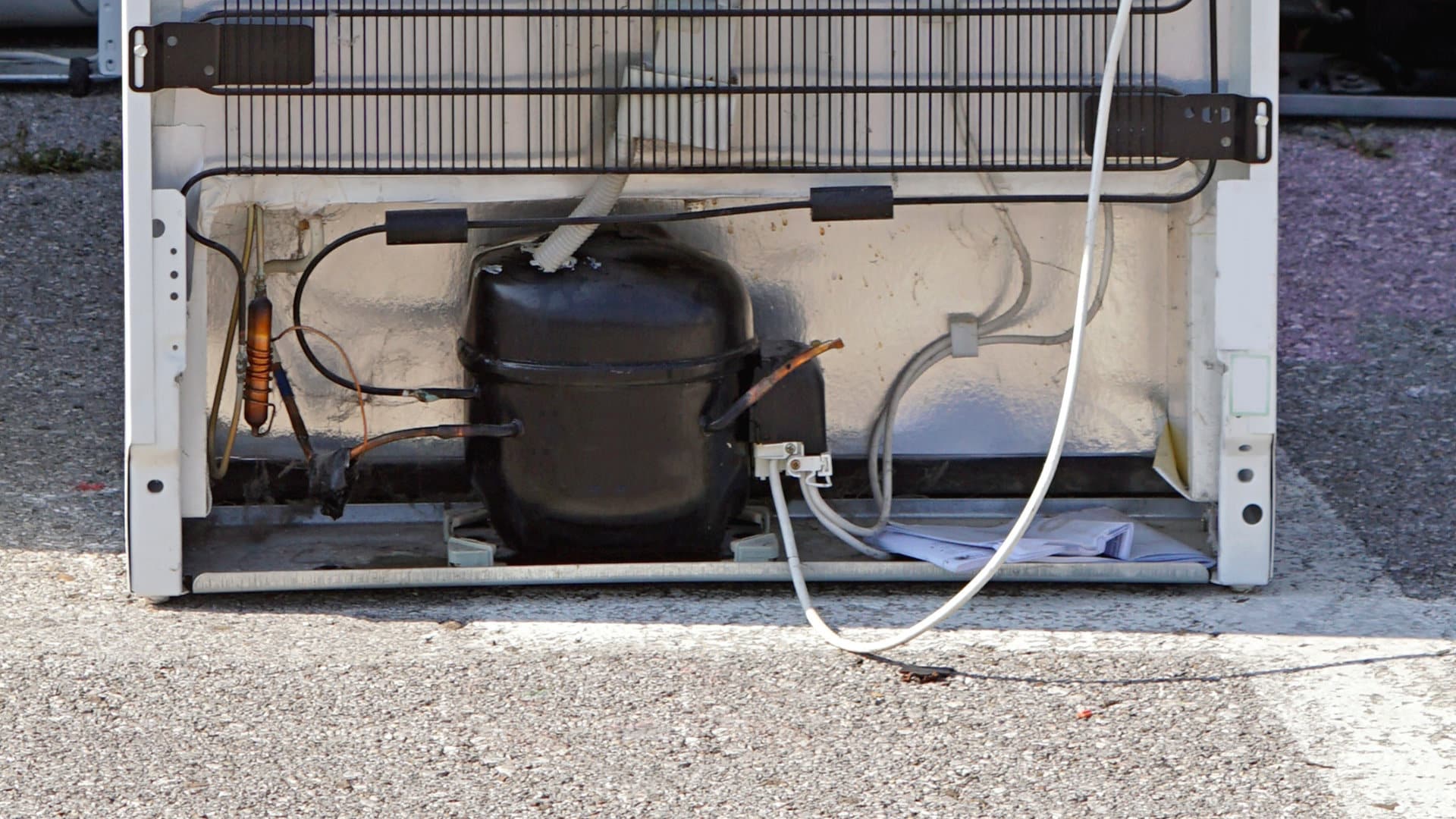
Why Is Your Refrigerator Compressor Hot? (6 Potential Causes)
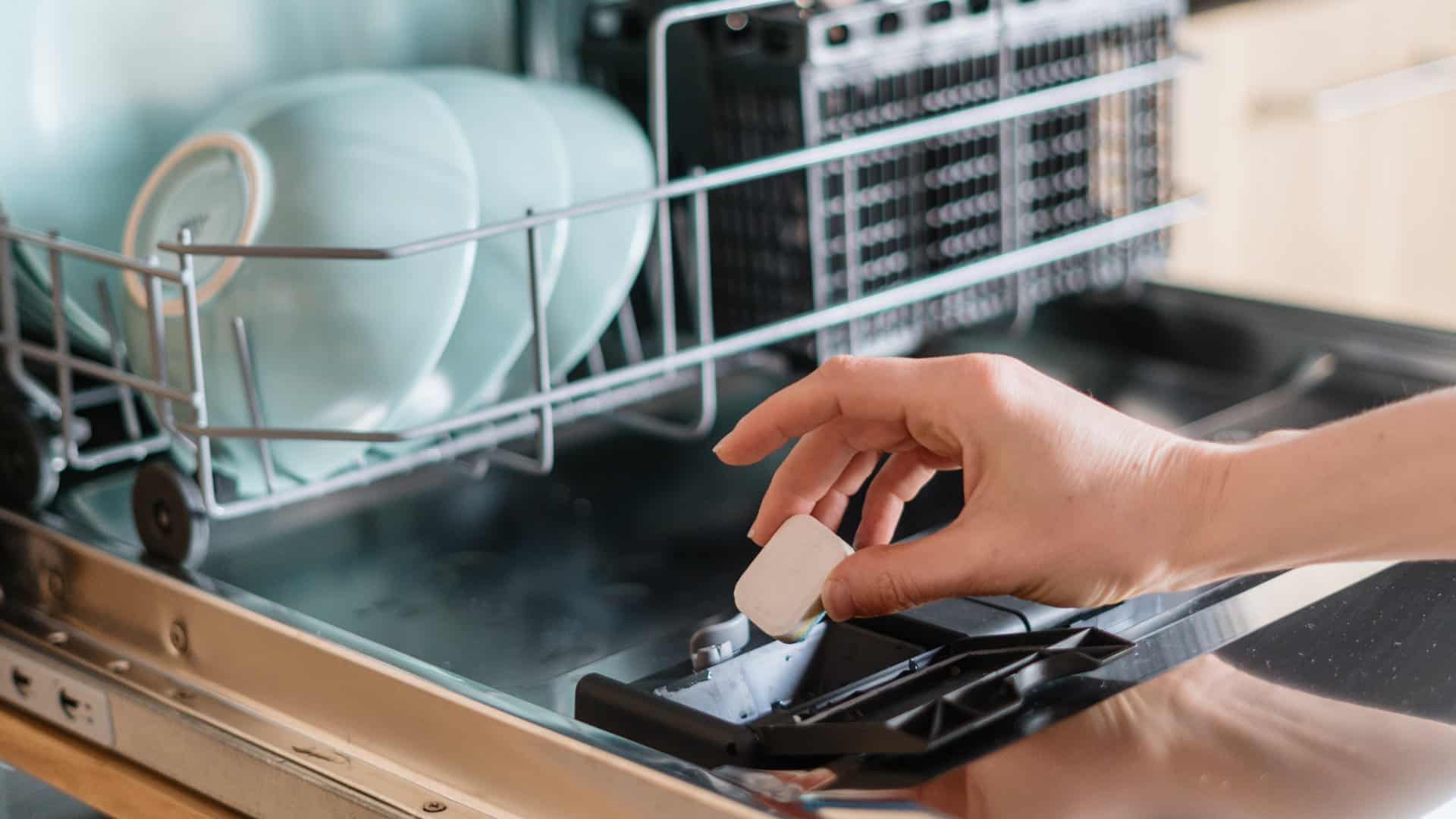
How to Use Dishwasher Pods

How to Unlock Your Microwave

How Many Watts Does a Refrigerator Use?
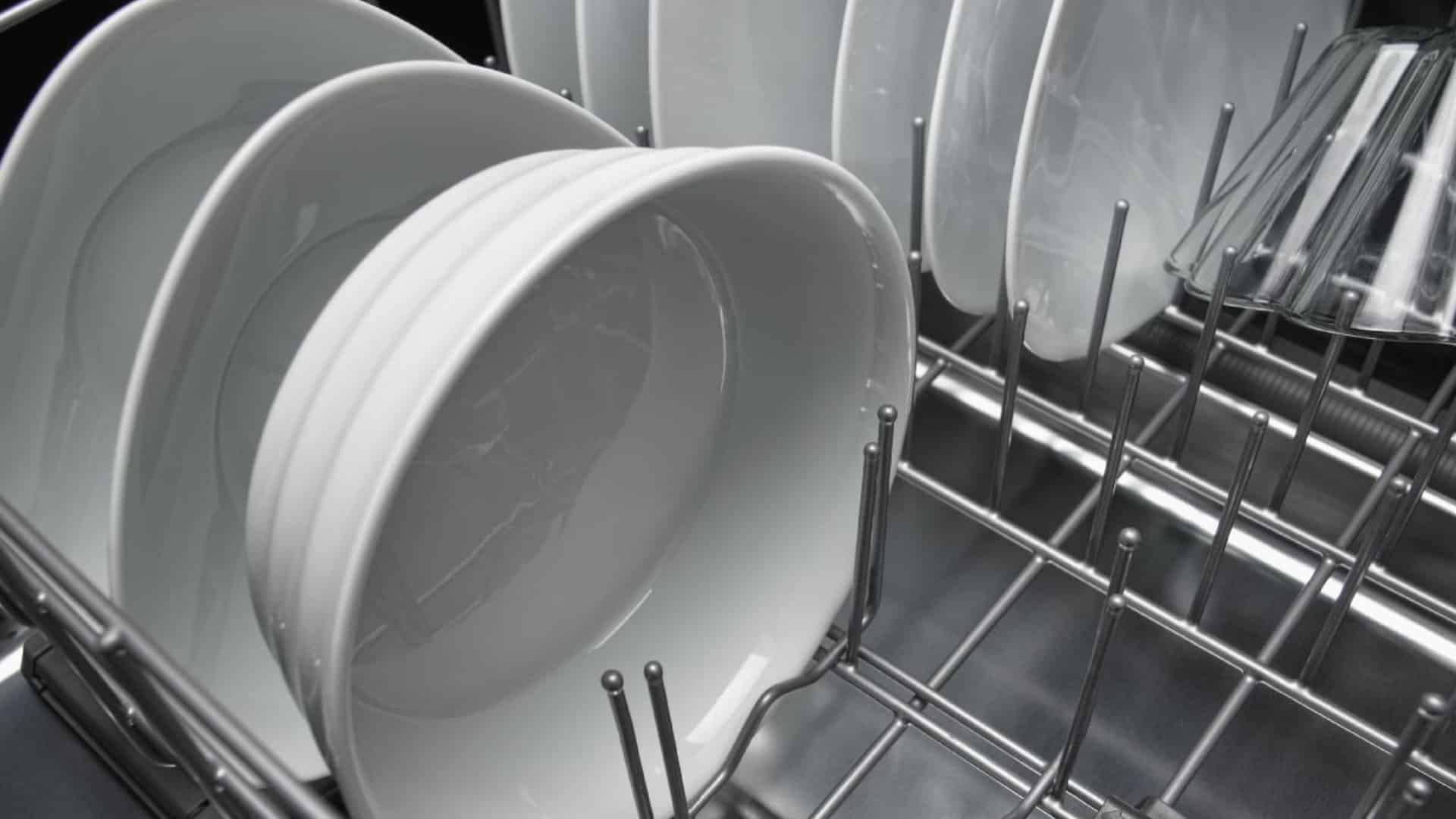
How To Fix a KitchenAid Dishwasher That Isn’t Draining

GE Oven F2 Error Code: Causes & Solutions

Maytag Washer Not Spinning? 5 Simple Solutions

Why Is Your Refrigerator Not Cooling?

How to Get Rid of Burnt Smell in Microwave
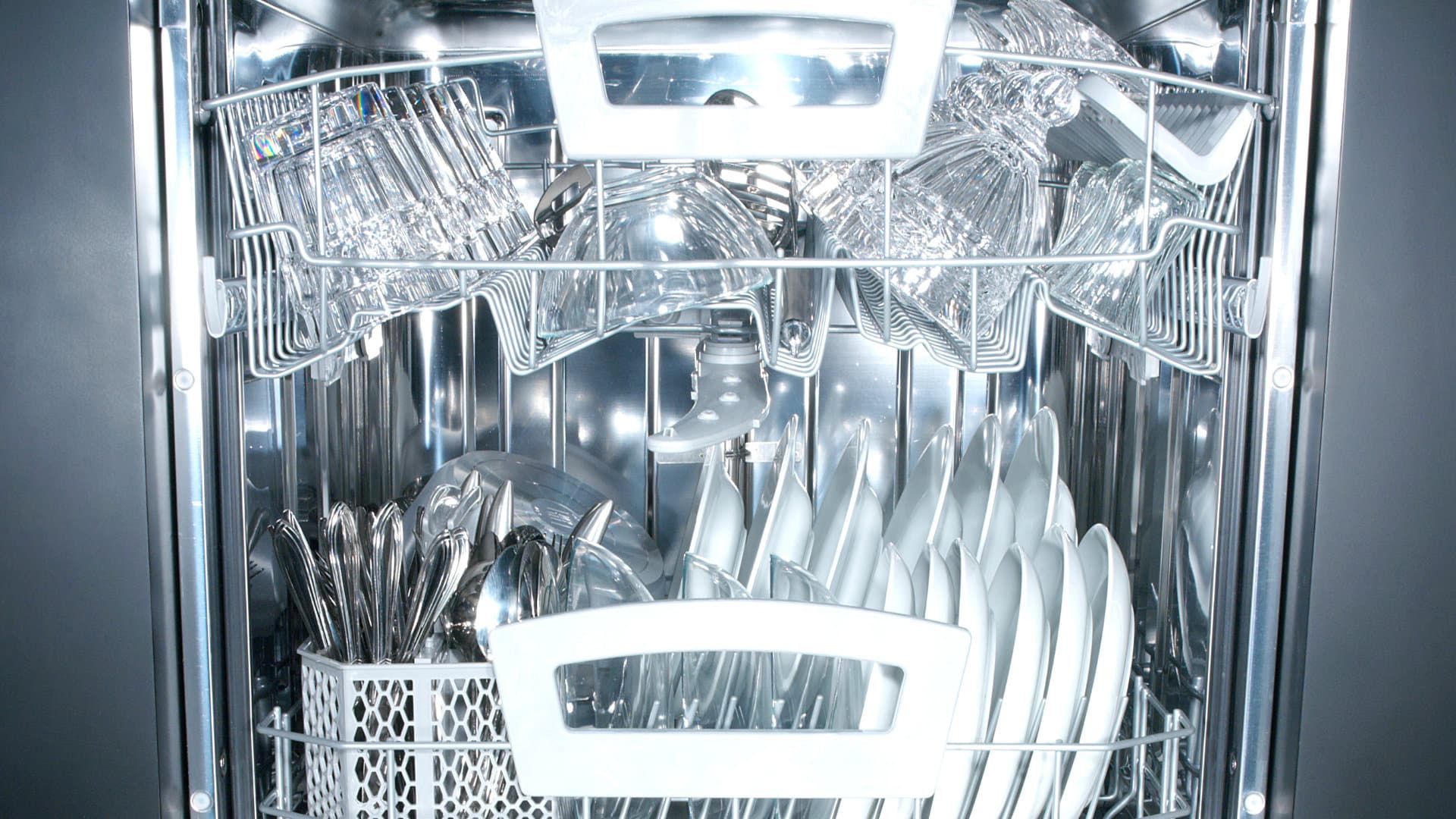
How to Fix a Dishwasher Not Cleaning Properly
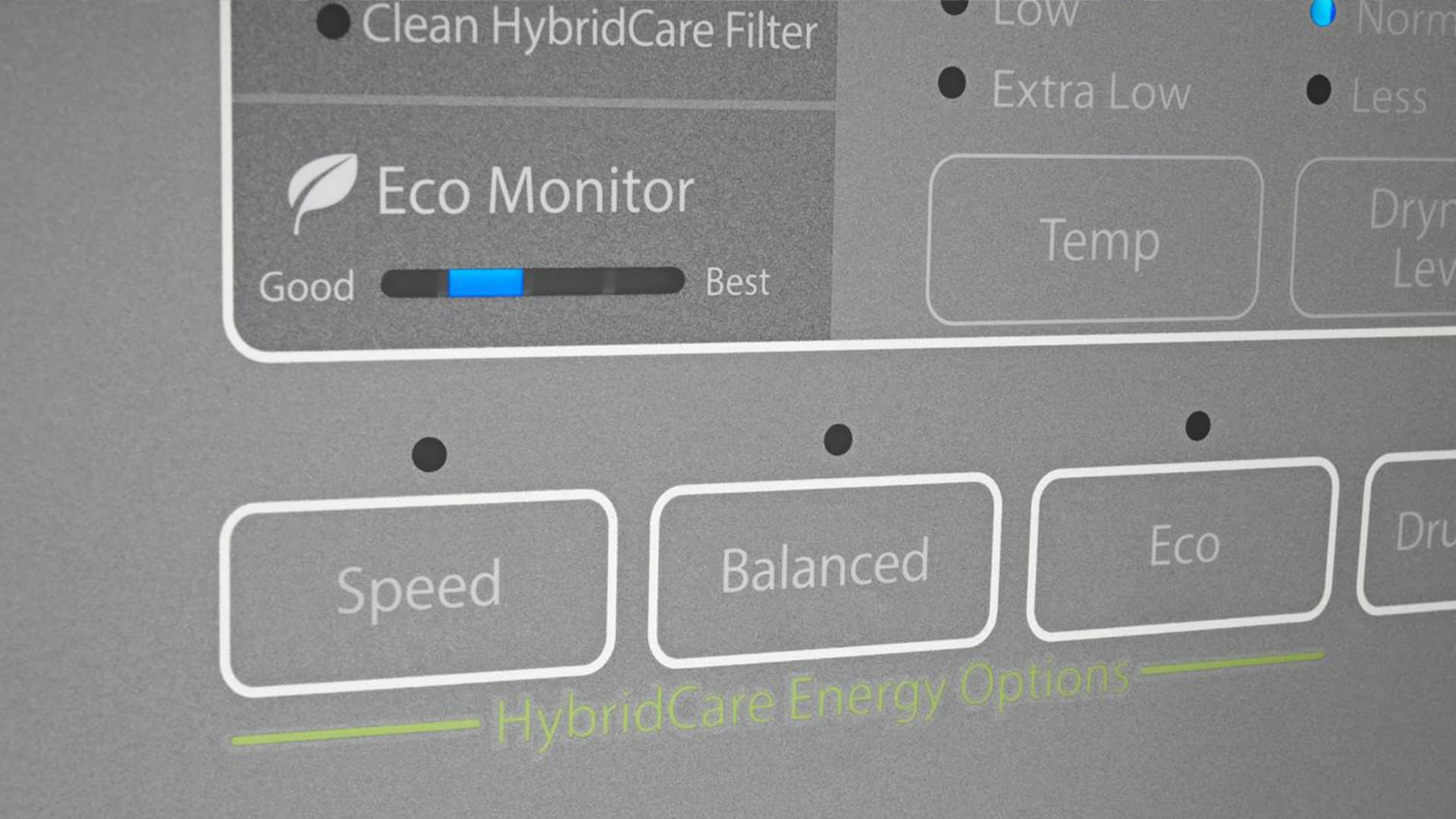
How Much Energy Does My Dryer Use?


